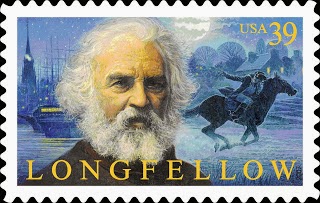Adverb clauses go
here
Adjective clauses go
here
Noun clauses go
here
Take the quiz
here to practice, and then do the following:
Identifying Subordinate Clauses.
Underline the subordinate clause in each of these complex sentences, Write
whether it is a Noun, Adjective, or
Adverb clause.
1.
When the shipment arrives we will collect the money.__________________________
2.
The club, which welcomes visitors, meets on Tuesdays. ________________________
3.
Diving is a skill that requires concentration.
__________________________________
4.
Experts predicted that the election would be close.
_____________________________
5.
Do you know where the Greek restaurant is? _________________________________
6.
Is that the flute that you carved? ___________________________________________
7.
Terry didn’t hear what the score was. _______________________________________
8.
The trees that David planted are elms. _______________________________________
9.
Homework was collected before class started._________________________________
10.
Peg phoned the store when her order was not delivered. ________________________



